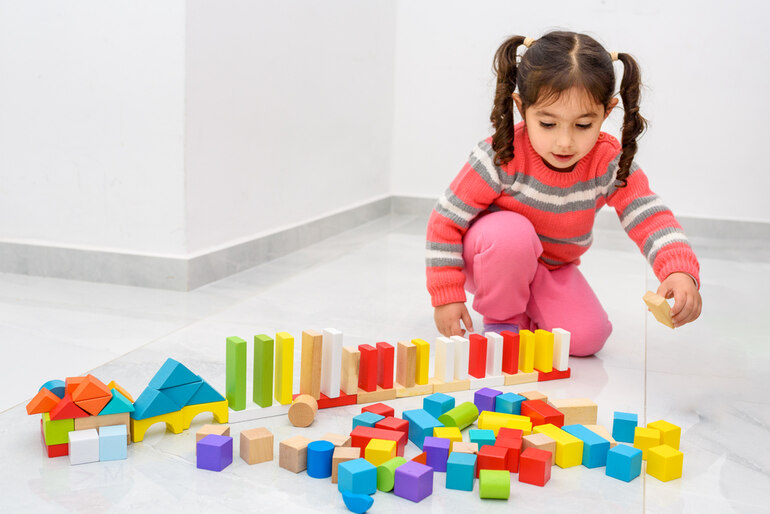As homebrewing professionals, you understand the value of careful craftsmanship, attention to detail, and fostering creativity in your brewing processes. But just as you nurture your brews with patience and intention, it’s important to consider how you nurture the growth of your children. Montessori toys offer an innovative approach to child development that mirrors your passion for hands-on learning and experimentation.
In this article, we’ll explore how Montessori toys support children’s cognitive, physical, and emotional growth, offering insights into how purpose-driven play can positively impact both your little ones and your craft.
What Are Educational Playthings?
Montessori toys are crafted with simplicity, intention, and quality in mind. Unlike conventional toys that often emphasize entertainment, these playthings prioritize developmental milestones and skills.
Here’s what makes them special:
- Natural materials: Wooden and fabric toys provide sensory-rich experiences.
- Minimalist design: The simplicity allows children to focus on the task rather than flashy distractions.
- Open-ended functionality: These toys encourage creativity and exploration without rigid rules.
This thoughtful design fosters an environment where children can thrive while having fun.
The Key Benefits of Montessori Toys for Child Development
Montessori toys offer a holistic approach to child development by targeting various essential skills. From boosting cognitive abilities to fostering emotional growth, these playthings provide a foundation for your children to thrive in a balanced and engaging way. Here are the key benefits of Montessori toys:
Boosting Cognitive Development
Educational toys are instrumental in promoting cognitive skills. Activities like stacking blocks, solving puzzles, or sorting objects challenge young minds to think critically and logically. For example, a child using a shape sorter learns problem-solving as they figure out which piece fits where. These playing objects stimulate curiosity and concentration, encouraging children to engage deeply in tasks. The hands-on aspect enhances memory retention and reinforces concepts like shapes, colors, and spatial awareness.
Enhancing Fine Motor Skills
Developing fine motor skills is crucial for everyday tasks like writing, eating, and dressing. Educational playthings such as threading beads, pegboards, or stacking rings strengthen hand-eye coordination and dexterity. Through repeated movements like grasping, twisting, or placing objects, children develop precision and control. These activities also build the foundation for more complex skills, including handwriting and artistic expression. The tactile nature of these toys ensures that children are actively engaged, making the learning process enjoyable and effective.
Encouraging Independence
One of the core principles of educational play is fostering independence. Toys aligned with this goal empower children to explore and learn at their own pace. For instance, practical life playthings such as dressing frames or child-sized kitchen tools teach real-world skills in a playful context. A child tying shoelaces or slicing a wooden fruit experiences a sense of achievement. These experiences nurture self-confidence and teach problem-solving, laying the groundwork for responsible decision-making as they grow.
Supporting Emotional and Social Growth
Educational items also have a profound impact on emotional and social development. Many reputed sellers design their toys for collaborative play, which teaches sharing, teamwork, and communication. The calm and focused environment these tools create helps reduce overstimulation, making it easier for children to regulate their emotions. Completing a challenging task brings a sense of accomplishment, boosting self-esteem and resilience. These resources offer an excellent platform for children to practice interpersonal skills, preparing them for real-world interactions.
Tips to Choose the Right Educational Toys
Selecting the right educational playthings from reputed sellers involves understanding a child’s developmental stage and interests. High-quality options made from durable, natural materials ensure both safety and effectiveness. Similarly, in homebrewing, selecting the right equipment and ingredients based on experience level and brewing goals is essential. For beginners, simple starter kits and basic malt extracts offer an accessible introduction to brewing. As skills develop, more advanced tools like all-grain systems and precision instruments allow for greater creativity and experimentation.
Montessori toys emphasize purposeful play and skill-building, creating an environment that fosters growth and development. The simplicity and intentional design of these toys provide a calming and rewarding experience, encouraging children to explore, learn, and develop a deep appreciation for the process of growth and discovery.








